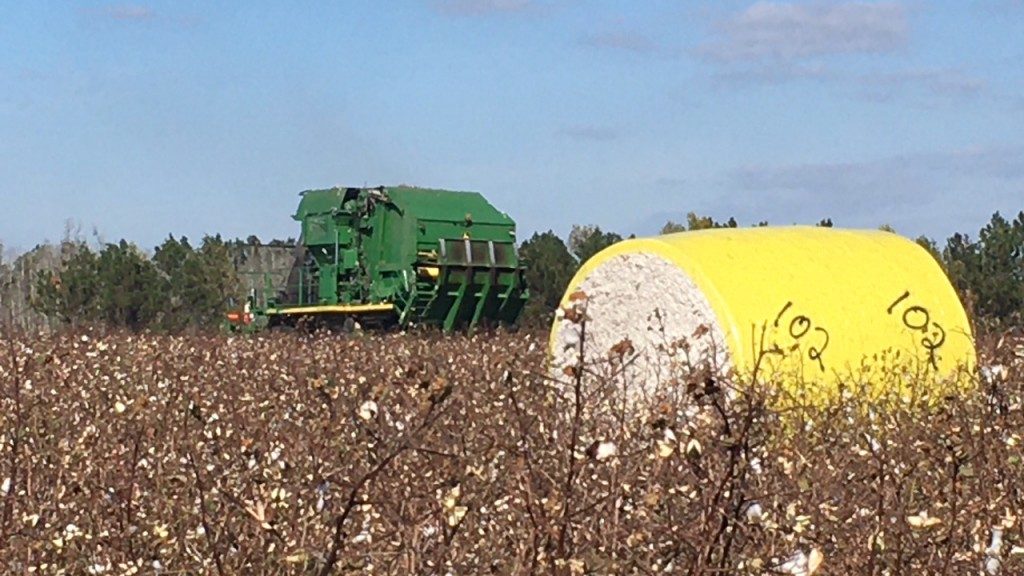Hay & Forages
-
Below are common questions that I have been receiving from area producers.. How do I control volunteer peanuts in field corn? According to the 2020 UGA Corn Production guide, volunteer peanut plants can be one of the most difficult weeds to control in field corn. Peanut plants are sensitive to POST applications of glufosinate (Liberty),…
-
How do I control thistles in my pasture? I have received a question or two about thistle control in pastures. Thistles are biennials, which grow from seed in year one and produce seed in the second year. During the first year, the plant will grow as a rosette and the second year the plant bolts…
Posted in: Hay & Forages -
This time of year I get phone calls, txt messages and office visits from concerned people about stinging nettle or fireweed (Urtica chamaedryoides) and how to control it in area hayfields and pastures. Fireweed leaves look similar to strawberry leaves. This pest has square stems and small pale green flower clusters. Small stinging hairs are…
-
It is that time of year again to start thinking about winter annual forages. Variety selection is a very important aspect of these forage systems. These recommended varieties are tested every year and perform well in our environment. Below are recommended winter annual varieties and they are also posted on the UGA Forages Website. If…
Posted in: Hay & Forages -
This year has been a challenge for forage producers due to the wet weather this summer. A few years ago we ran into this same issue of low quality forages. UGA Extension Forage Scientist Dr. Dennis Hancock is encouraging cattlemen and producers to sample their hay and baleage to assess the nutritive value of it. Below…
Posted in: Hay & Forages -
If you would like to see the latest Colquitt County Beef Cattle and Forage newsletter it can be seen at the link below. In This Issue Beef Herd Expansion Possibilities How Much N Should I Put on My Winter Forages? Breeding-Soundness Examination Video Summary of the 2017 Sunbelt Ag Expo – Grassman vlog 1705 https://mailchi.mp/82889160c0ce/colquitt-county-beef-cattle-and-forage-newsletter-11-16-17
-
Keys to Winter Supplementation of Your Cow Herd…. 1) Know the nutrient requirements of your cow herd. Nutritional requirements increase significantly at the time of calving and it is important to adjust the feeding program accordingly to meet these requirements. Refer to references on total digestible nutrients (TDN), crude protein (CP), and mineral needs…
-
In This Issue The US Drought Outlook Beef Management Calendar for October Hay Supplies and Feed Costs this Fall Southern Regional Land Value Report The US Drought Outlook The US Drought Outlook was released on September 21st and it indicates a chance for the development of drought in Alabama and points west but does not…
-
Bermudagrass Stem Maggot Management Update Will Hudson – Extension Entomologist The fall armyworm situation is much less severe this summer, but the stem maggot (BSM) is building in numbers in most of the southern 2/3 of the state. We’ve seen this pattern before, and our standard recommendation is that hay producers everywhere in the state…
Posted in: Hay & Forages -
You will find in the link below the latest edition of the UGA Forage Extension Team Newsletter. It includes articles on: Bermudagrass as an Equine Forage – by Lucy Ray, Morgan County CEC Utilizing Summer Annuals – by Sam Ingram, Effingham County CEA Water Use Efficiency in Forage Grasses – by Jeremy Kichler,…
Posted in: Hay & Forages
